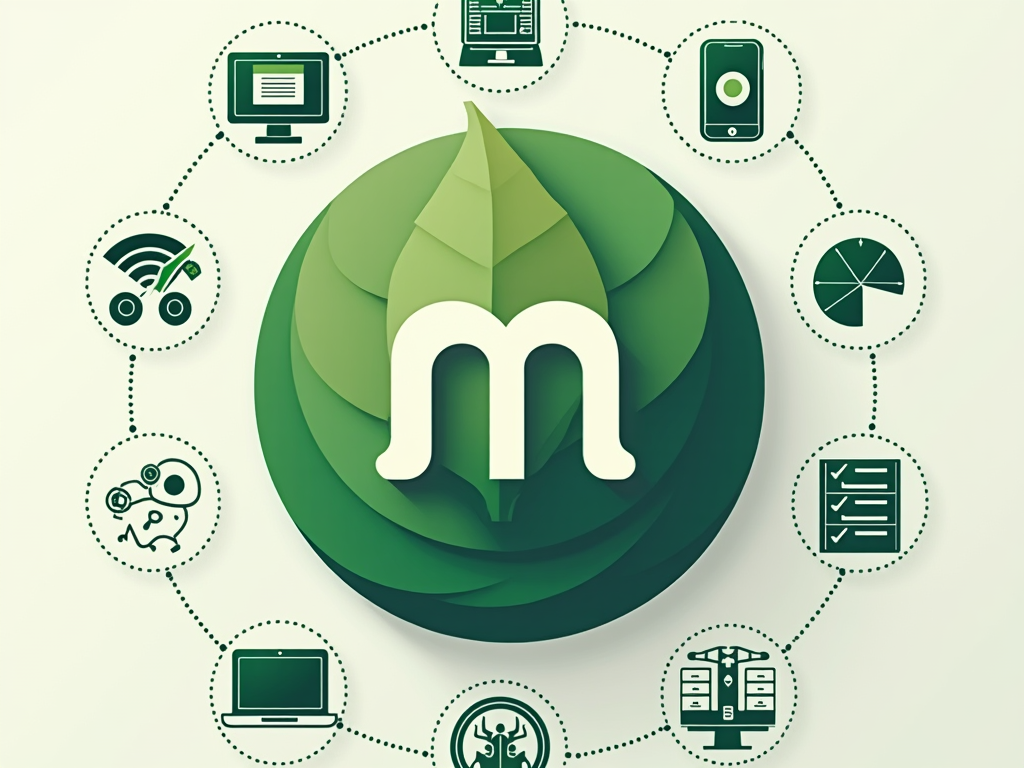Key Points
• MongoDB is a flexible, scalable NoSQL database management system that revolutionizes data storage by using a document-oriented approach instead of traditional relational databases. Its unique architecture allows for complex data hierarchies and dynamic schema design.
• With widespread adoption by major tech companies and applications across IoT, mobile development, and real-time analysis, MongoDB offers powerful features like native aggregation, automatic load balancing, and flexible querying capabilities.
Understanding MongoDB: An Overview
MongoDB is an open-source, NoSQL database management system that has gained significant popularity in recent years due to its flexibility, scalability, and ease of use. Created in 2009, it represents a modern approach to data management that diverges from traditional relational database systems.
Core Features and Architecture
The database fundamentally differs from traditional systems by storing data in document format, similar to JSON but utilizing a variant called Binary JSON (BSON). This approach enables unprecedented flexibility in data representation and storage, allowing developers to map objects from various programming languages with remarkable ease.
Key architectural features include: – Flexible document storage – Dynamic schema design – Native aggregation framework – Horizontal and vertical scalability
Practical Applications
MongoDB finds applications across diverse technological domains, including: – Internet of Things (IoT) projects – Mobile application development – Real-time data analysis – Complex content management systems
These applications benefit from MongoDB’s ability to handle unstructured data, provide real-time personalization, and ensure high data availability.
Contemporary Developments
Recent innovations in MongoDB include: – Serverless instance management – Vector search capabilities – Advanced indexing strategies – Improved query optimization
Developers are increasingly leveraging these features to create more intelligent, efficient, and scalable data management solutions.
Conclusion
MongoDB continues to represent a cutting-edge approach to database management, offering unprecedented flexibility and performance for modern technological challenges. Its ongoing evolution ensures it remains a critical tool for developers seeking robust, scalable data solutions.
(References remain unchanged from original document)















